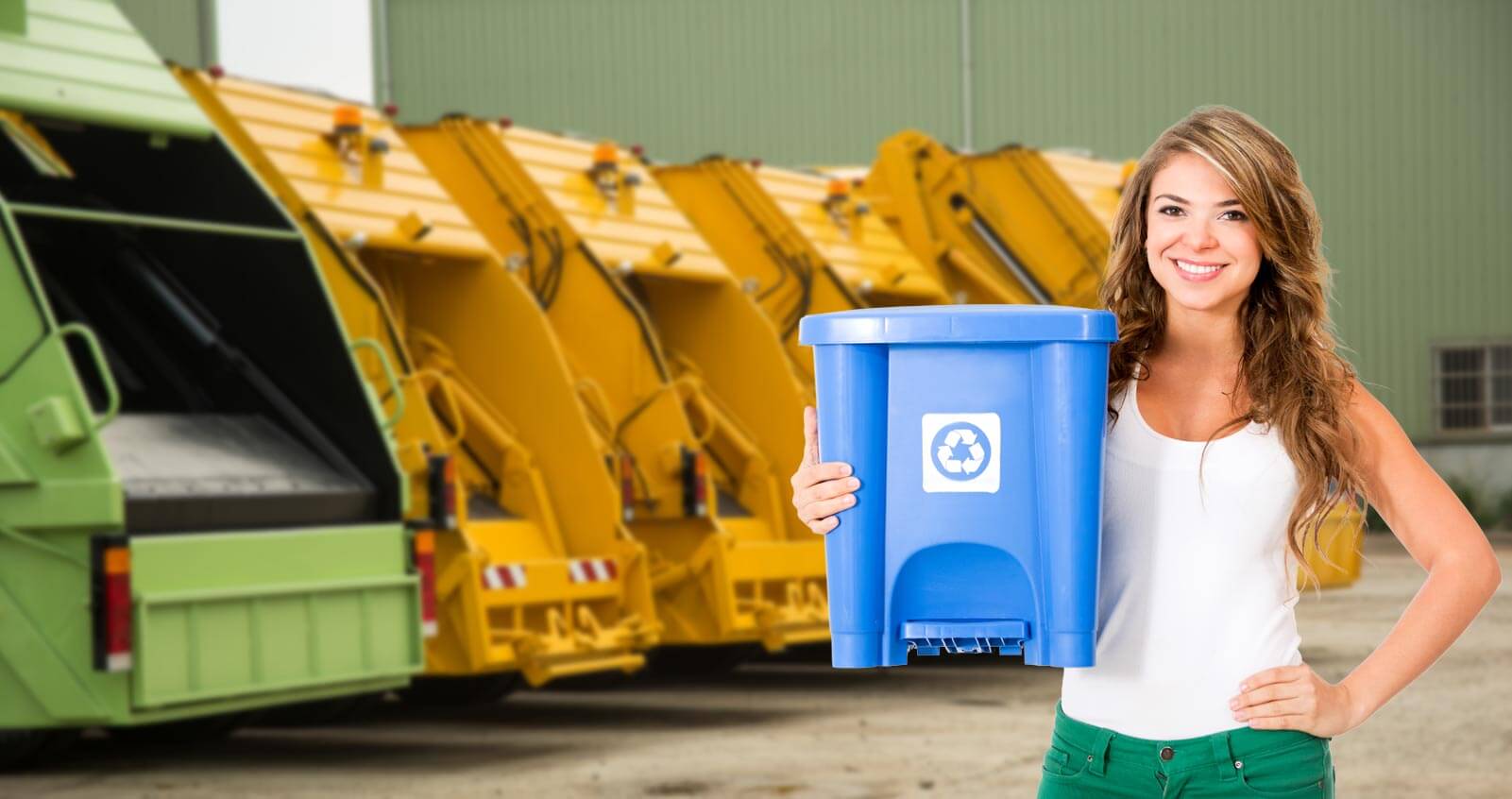Analyzing London's Progression Towards Better Recycling & Cleanliness
Posted on 22/11/2024
London, the capital city of England, is known for its rich history, diverse culture and bustling city life. However, with a population of over 9 million people, it also faces some significant challenges, including waste management and cleanliness. In recent years, there has been a strong push towards better recycling and cleanliness in London, with various initiatives and strategies being implemented. In this article, we will take a closer look at the progression of London towards achieving these goals and the pros and cons associated with it.
The Current State of Recycling in London
According to recent statistics, London produces around 22 million tonnes of waste every year. Out of this, only a meager 32% is recycled. This low recycling rate is concerning as it not only puts a strain on landfills but also contributes to environmental pollution. The UK government has set a target for all local authorities to achieve a recycling rate of at least 50% by 2020. However, London's current rate falls far below this target.

Initiatives Towards Better Recycling & Cleanliness
Realizing the need for improvement, the Mayor of London has launched several initiatives and campaigns to promote better recycling and cleanliness in the city. One such initiative is the 'Recycle for London' campaign that aims to educate residents about proper waste management practices and encourage them to recycle more.
In addition to this, the city has also introduced a new recycling scheme called 'Slim My Waste - Feed My Face.' This scheme encourages households to separate their food waste from other recyclables, which is then turned into compost for local gardens and parks.
Another notable initiative is the 'Cleaner Streets' program that focuses on improving the appearance of public spaces by reducing littering and fly-tipping. It involves increasing enforcement measures and providing more bins and street cleaning services in busy areas.
Pros of Better Recycling & Cleanliness in London
There are several benefits to having better recycling and cleanliness practices in a city like London. Firstly, it helps reduce the amount of waste that ends up in landfills, which not only saves space but also reduces greenhouse gas emissions. Secondly, promoting recycling also creates new job opportunities in waste management and recycling industries. Moreover, cleaner streets and public spaces can have a positive impact on the mental and physical well-being of residents.
Cons of Better Recycling & Cleanliness in London
Despite the many positives, there are some challenges associated with achieving better recycling and cleanliness in London. One of the major hurdles is changing people's behavior towards waste management. It requires a significant shift in mindset and habits, which can be difficult to achieve.
Moreover, implementing these initiatives also comes at a cost. The government has invested millions of pounds into these programs, which eventually reflect on taxpayers. Additionally, there are concerns about potential job losses in the waste collection industry due to increased automation.
Tips for Individuals to Contribute Towards Better Recycling & Cleanliness
While the government takes measures to improve recycling and cleanliness on a larger scale, individuals can also play their part in this initiative. Some simple tips include:
- Separate your waste correctly and recycle as much as possible.
- Avoid littering and dispose of your waste responsibly.
- Opt for reusable bags instead of single-use plastic ones.
- Compost your food scraps and use them as fertilizers for your plants.
- Support local businesses that adopt sustainable practices.

Key Takeaways
The progression towards better recycling and cleanliness in London is an ongoing process that requires the support and cooperation of all stakeholders. It not only benefits the environment but also has positive impacts on overall health and economy. However, it also comes with its own set of challenges that need to be addressed.
Conclusion
In conclusion, London has made significant progress towards achieving better recycling and cleanliness in recent years. The initiatives and campaigns launched by the government are a step in the right direction, but there is still a long way to go. With individuals making conscious efforts to reduce waste and support sustainable practices, we can all contribute towards making London a cleaner and more environmentally-friendly city. Let us all work together towards creating a greener future for generations to come.




